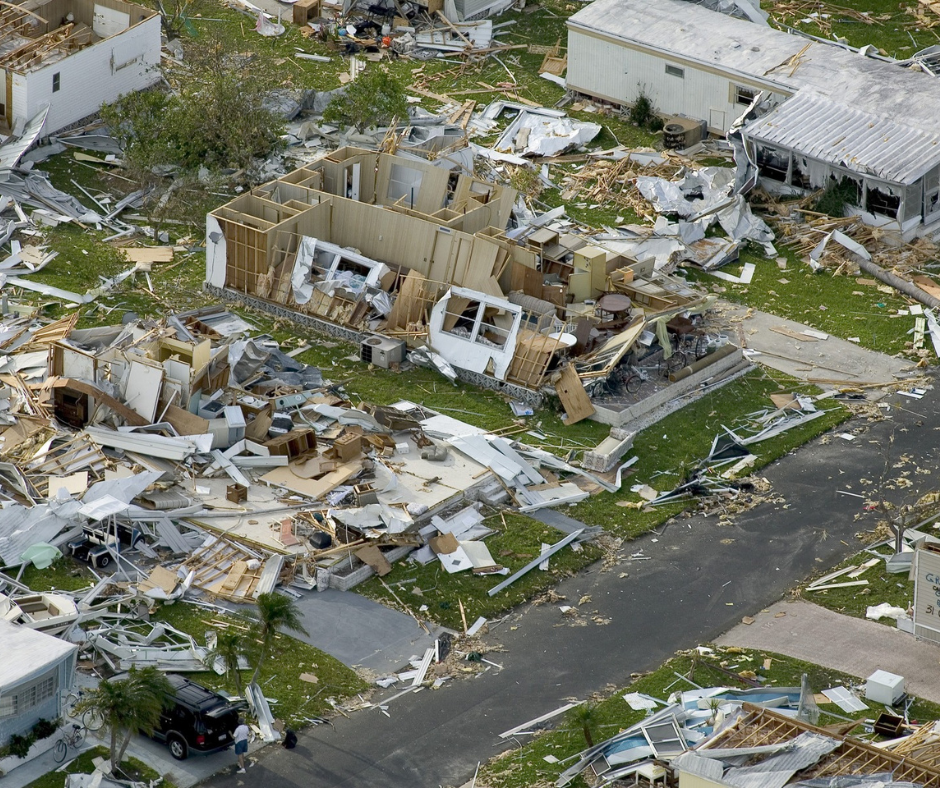Hurricane Relief For Displaced Renters - Government Home Loan Programs Now Available
If you have been displaced by a hurricane and are currently renting, we have some good news for you. You may be eligible for an FHA 203H home loan.
The FHA 203H home loan is available to renters who were displaced by a natural disaster and are looking to purchase a new home. The FHA 203H home loan is an excellent option for renters who want to become homeowners, and have been displaced by a hurricane or other natural disaster.
How The FHA 203H Home Loan Program For Hurricane-Affected Renters Works
You can use this loan to purchase a new home. The loan will cover 100% of the purchase price! This means that if your house was destroyed or damaged beyond repair by a hurricane, you can get back on your feet.
To qualify for this program, you must meet certain requirements:

1) You must have been displaced by a disaster declared by FEMA (or similar agency) under its guidelines.
2) You must have been displaced due to either natural disaster or structural damage caused by natural disaster in your area.
3) You must finance the purchase or reconstruction of a one-family home that will be the principal residence of the homeowner.
Other Benefits And Restrictions Of The FHA 203H Loan Program
According to HUD.gov.
No downpayment is required. The borrower is eligible for 100 percent financing. Closing costs and prepaid expenses must be paid by the borrower in cash or paid through premium pricing or by the seller, subject to a 6 percent limitation on seller concessions.
FHA mortgage insurance is not free. Mortgagees collect from the borrowers an up-front insurance premium (which may be financed) at the time of purchase, as well as monthly premiums that are not financed, but instead are added to the regular mortgage payment.
HUD sets limits on the amount that may be insured. To make sure that its programs serve low and moderate income people, FHA sets limits on the dollar value of the mortgage. The current FHA mortgage limit can be viewed online. These figures vary over time and by place, depending on the cost of living and other factors (higher limits also exist for two to four family properties).
This program is different from most other loans because it's not just for people who own homes already—it also helps renters get into their first home.
Important Information About the FHA 203H Loan Program
Eligible Participants: FHA approved lending institutions, such as banks, mortgage companies, and savings and loan associations, are eligible for Section 203(h) insurance.
Eligible Customers: Anyone whose home has been destroyed or severely damaged in a Presidentially declared disaster area is eligible to apply for mortgage insurance under this program.
Application: To start the application process, call DDA mortgage at (727) 784-5555. Or start the residential application here.
Technical Guidance: This program is authorized under Section 203, National Housing Act (12 U.S.C. 1709, 1715(b)). Program regulations are in 24 CFR Part 203. These regulations, as well as handbooks, notices, and letters relevant to this program, are available through HUDCLIPS.
Next Steps
The FHA 203H and other disaster relief programs are great! But you have to qualify for these loans. Whether or not you qualify depends on several factors and individual circumstances.
Contact us today at (727) 784-5555, and tell us about your homeownership goals. We will be able to help you qualify for an FHA 203H or another loan program that better fits your needs.
Want to ask us a question about the FHA 203 loans? Use the form below to contact one of our mortgage specialists.
Have A Question?
Use the form below and we will give your our expert answers!
Reverse Mortgage Ask A Question
Start Your Loan
with DDA todayYour local Mortgage Broker
Mortgage Broker Largo See our Reviews
Looking for more details? Listen to our extended podcast!
Check out our other helpful videos to learn more about credit and residential mortgages.





